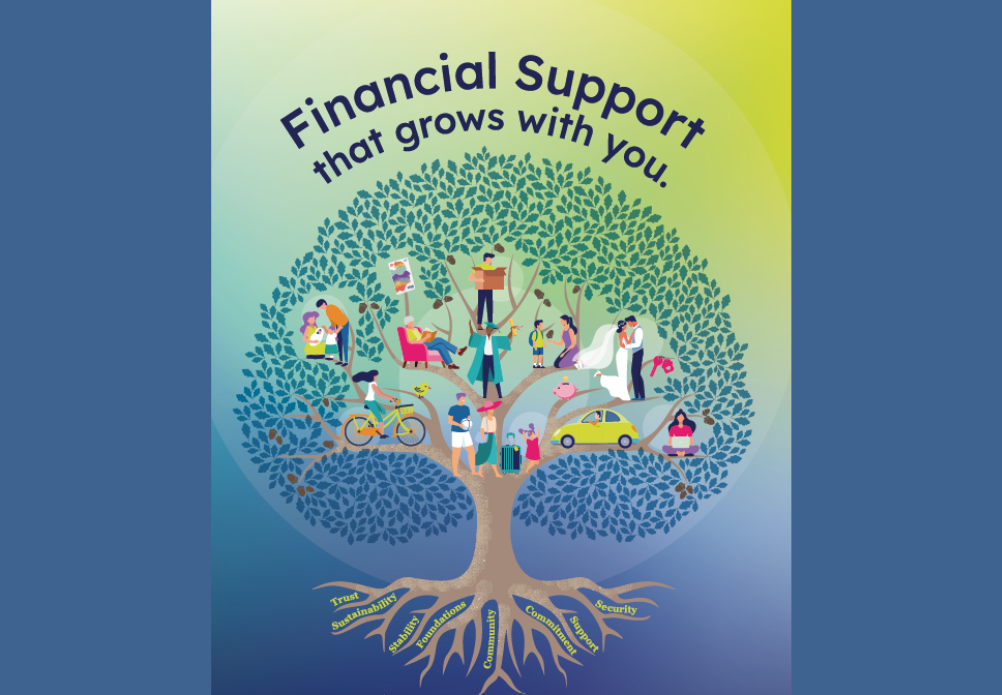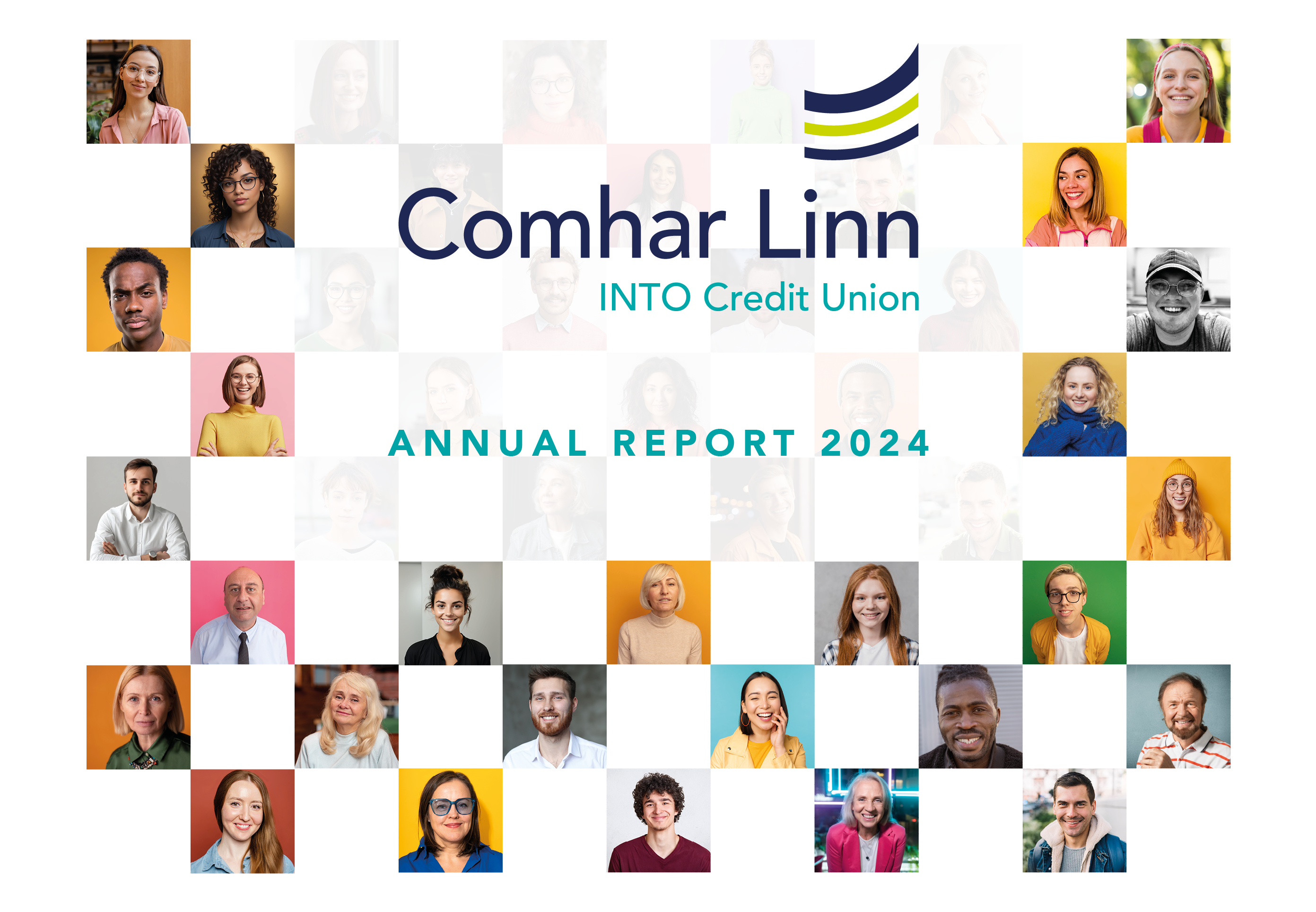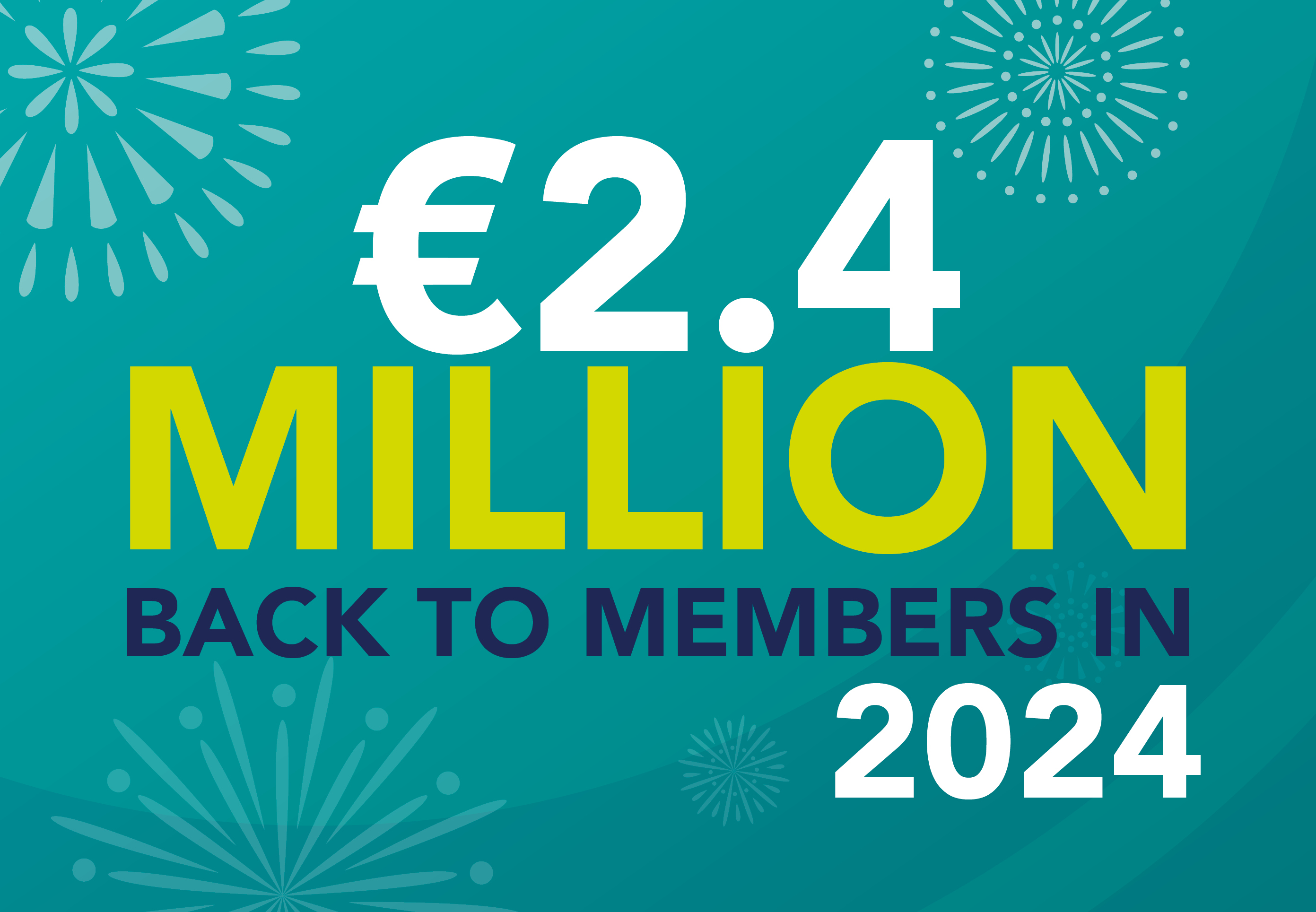18 November 2024
Teachers: protect your money from fraudsters!
In today's digital age, financial scams are becoming increasingly sophisticated, posing significant risks to individuals and their finances. Staying informed about the latest scam tactics is crucial to safeguarding your money.
Recent Fraud Statistics
In 2023, Ireland saw nearly €100 million stolen through various frauds and scams, marking a 16% increase from the previous year!*
Card fraud accounted for 95% of fraudulent transactions and 36% of gross fraud losses.*
Common Scams in Ireland (2024)
In Ireland, several prevalent scams at the moment are:
- Phishing Emails and Texts: Fraudsters send messages pretending to be from reputable organisations (like your credit union!), urging you to click on malicious links or provide personal information.
- Get Rich Quick Investment Scams: Offers of high returns on investments, often involving cryptocurrencies, are used to lure victims. This particular scam is generally targeted at those over 50 years of age.
- Social Media Marketplace Scams
Fraudsters use platforms like Facebook Marketplace, Instagram, or TikTok to advertise and sell products that do not exist. They create fake profiles to advertise popular and in-demand goods (often using stolen photos from real sellers) and list attractive offers to lure victims into making purchases. Once payment is made, the promised goods never arrive, and the fake account disappears - Fake Parcel Delivery Texts
Fake parcel delivery texts involve scammers sending fake delivery notifications for parcels, prompting the recipient to click on a link to reschedule delivery or pay a fee. The link often leads to a phishing site designed to steal personal information or install malware on the victim's device.
Why Staying Updated Matters
Scammers continually adapt their methods, making it essential to keep abreast of new threats. Our members can keep up to date by regularly checking our blog and social media updates, you can learn about emerging scams and receive tips on protecting yourself.
Tips to Protect Yourself
Even the savviest of online shoppers can be fooled by one of the latest online scams, especially in the run up to Christmas, when teachers in particular are busy and distracted. We’ve put together some tips to help our members from becoming scam victims.
- Be Sceptical: If an offer seems too good to be true, it probably is.
- Verify Contacts: Always confirm the identity of individuals or organisations contacting you, especially if they request personal information or payments.
- Secure Your Information: Never share your banking passwords, PINs, or other sensitive information.
- Monitor Accounts: Regularly check your bank and credit union account(s) for any unusual activity. Log in to your online Comhar Linn account, or contact our Member Services team to query your account or request a statement.
- Educate Yourself: Stay informed about the latest scams by following our blog and social media channels.
- Enable Two-Factor Authentication (2FA)
Two-factor authentication adds an extra layer of security to your online accounts. Typically, it requires you to enter a one-time code sent to your mobile device or email in addition to your password. Enabling 2FA provides an added level of protection against unauthorised access, making it more difficult for scammers to breach your accounts. - Verify Website Security
When making online purchases or providing sensitive information, ensure the website is secure. Look for "https://" in the website URL, which indicates a secure connection, and check for a padlock symbol in the address bar. Avoid websites that do not display these security indicators, as they may not protect your data adequately. - Check Links
Look for obvious errors and break that link to see if it belongs to a real business. - Search Online
Search for the retailer’s name plus “scam” or “complaint”. - Check Reviews
See what other shoppers are saying on review sites like Trustpilot and Google Reviews. - Be on the lookout for Formjacking
As you enter the page to put in your credit card details, double check the URL to make sure you’re still on the exact same website that you came from. Cybercriminals will often change the URL very slightly - perhaps adding or taking away a single letter – to avoid detection. - Remember
Comhar Linn will NEVER ask you for the full 16 digits of your debit card.
We will NEVER call, email or text you asking you to provide your one-time passcode or debit card information in order to confirm a recent transaction. - If In Doubt
If you are unsure of any communication from your bank or credit union, contact the financial institution directly.
For Current Account queries, 24/7, phone 01 693 3333
Or
Contact Comhar Linn’s Member Service team on 01 873 1101.
The one key message we’d like our members away from this article is: Pause! Think! Verify! And remember the old adage: if it seems too good to be true, then it probably is!
Comhar Linn want to help our members in the fight against fraud in the ever-evolving world of scams. We will keep you up-to-date by posting regularly on the topic on our social media pages (Facebook & Instagram), and on our web blog page. Members can also sign up to receive e-newsletters from us which will offer advice on protecting your money.
*Reference: FraudSmart Payment Fraud Report 2023.







